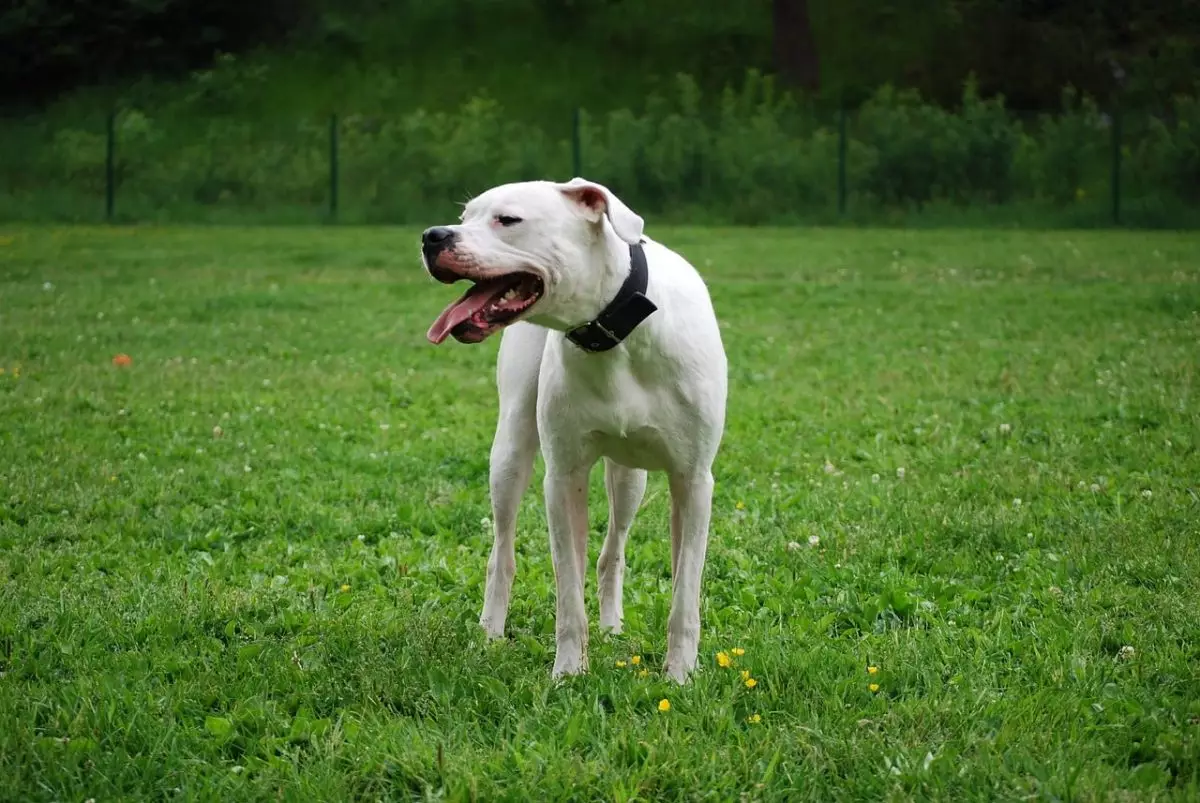In recent years, numerous dog breeds have come under fire due to a controversial legislative approach known as breed-specific legislation (BSL). This type of legislation focuses on restricting or banning certain dog breeds in response to public safety concerns, often linked to the perception of aggression. However, this one-size-fits-all mentality fails to consider the individual behavior of dogs and the significant role that responsible pet ownership plays in determining a dog’s demeanor. This article seeks to unpack the implications of BSL, explore the breeds most affected by it, and argue that the solution to canine safety lies beyond labels.
The Pit Bull Paradigm
One of the most notable breeds affected by BSL is the Pit Bull Terrier. This umbrella term encompasses various breeds, including the American Pit Bull Terrier and the Staffordshire Bull Terrier. Their classification as aggressive stems largely from media reports following dog attacks. While incidents involving Pit Bulls can garner more attention than those involving other breeds, the truth is that an improperly socialized dog of any breed can become aggressive. Advocates stress that Pit Bulls, when raised in a nurturing environment and offered proper training, are enthusiastic, loyal companions. The widespread bans and restrictions on Pit Bulls raise critical questions about the effectiveness and equity of BSL.
Rottweilers: Guardians or Threats?
Another breed often associated with aggression is the Rottweiler. With their solid stature and intense protective instincts, Rottweilers have been banned in various regions due to their perceived danger. Bans implemented in places like Ireland emphasize the breed’s muscularity and strength as reasons for the restrictions. However, supporters argue that Rottweilers are incredibly loyal and affectionate dogs when properly raised. Such a dichotomy between perception and reality points to a larger issue: public narratives often overshadow the individual behavior of dogs, fueling a cycle of fear and misunderstanding.
The Doberman Pinscher illustrates yet another breed often subjected to scrutiny and regulation. Known for their intelligence and alertness, Dobermans are frequently utilized in security roles, solidifying their reputation as aggressive dogs. In countries such as Singapore, regulations demand enhanced licensing and even muzzling in public. Despite these restrictions, Dobermans are also recognized for their loyalty and potential for tenderness within a family setting. Such examples further exemplify the failure of BSL to account for the unique traits each dog possesses.
Legacy of Violence: The Case of the Tosa Inu
The Japanese Tosa, a rare breed with a troubled history as a fighting dog, faces restrictions in multiple countries driven largely by its historical associations. Places like Denmark and the UK have imposed stringent regulations on the ownership of this breed. Advocates emphasize that, when raised with love and socialization, Tosas can exhibit calm and gentle qualities. The breed’s tough image and historical context often overshadow these positive attributes, inviting further scrutiny when the actual focus should be on responsible ownership and training.
The Role of Owners in Shaping Behavior
The experiences of the Dogo Argentino and the Fila Brasileiro reflect how breed reputation can sometimes overshadow individual behavior. Both breeds possess a reputation for being fierce due to their physical strength and historical roles as hunters and protectors, leading to bans in various regions. Nonetheless, proponents argue that, like many breeds, they thrive in homes where owners understand their needs and guide them through appropriate training. The larger issue arises: breed-specific laws disregard the crucial role of competent, responsible ownership.
Economical Implications and Policy Considerations
Beyond the welfare of the breeds themselves, breed-specific legislation raises significant concerns about its efficacy and legality. Critics argue that such laws often lead to legal and economic ramifications for municipalities. Rather than addressing the root causes of dog-related incidents—such as neglect, abuse, or improper training—BSL diverts resources into enforcement and creates an atmosphere of mistrust. Policymakers should consider fact-based dog behavior studies that emphasize the importance of training and socialization over blanket bans.
The narrative surrounding aggressive dogs is often fueled by societal fears and myths rather than empirical evidence. Instead of focusing on breeds, legislation should redirect efforts toward promoting responsible pet ownership and proper training, where the emphasis lies on educating dog owners about their pets’ needs and behaviors. By advocating for comprehensive pet ownership education, the cycle of misunderstanding can be broken, fostering more harmonious relationships between dogs, their owners, and the community at large.
While societal concerns regarding dog attacks are valid, it is crucial to differentiate between dog behavior and breed classification. It is unjust to label entire breeds as dangerous based on the behavior of individuals or the negligence of owners. All dogs deserve a fair evaluation based on their training, socialization, and environment rather than arbitrary breed labels. A future driven by education, understanding, and inclusivity can lead to better outcomes for dogs and their families, allowing them to thrive without the burden of unjust reputation.

